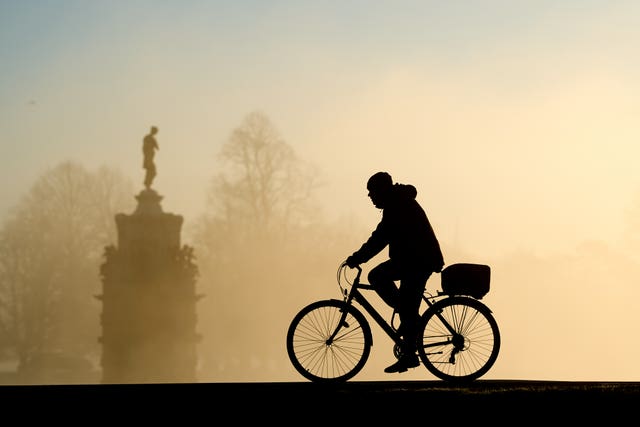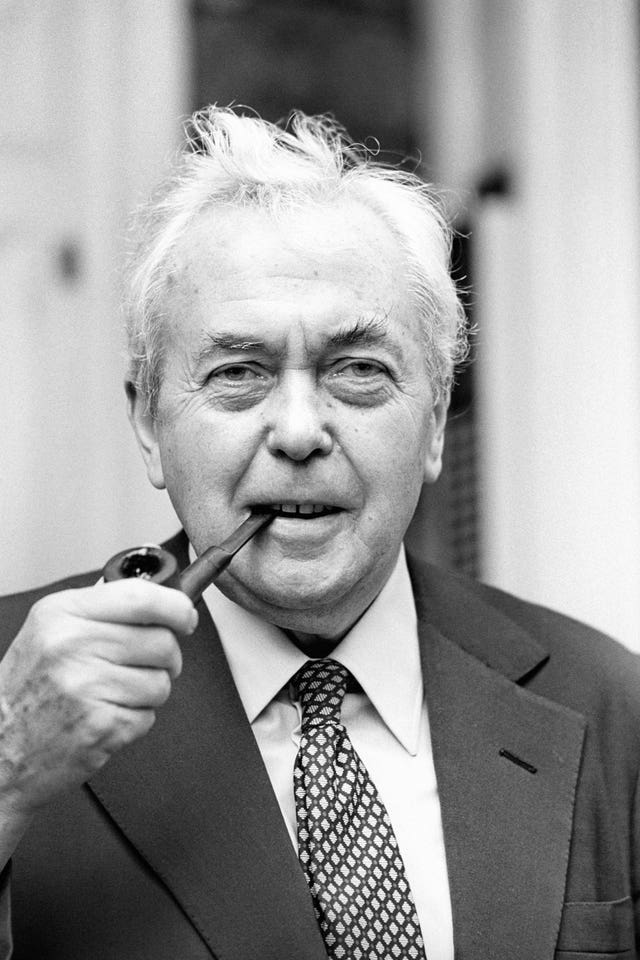Why do the clocks go back and was the measure really introduced to help farmers?
Here is everything you need to know about when and why the clocks ‘fall’ back.

This Sunday marks the end of summer and the start of winter in the UK.
The colder season brings darker days and a change to the UK’s time zone, meaning everyone gets an extra hour of sleep on Sunday.
Here is everything else you need to know about when and why the clocks “fall” back.
– When are the clocks going back?
Every year clocks go back an hour at 2am on the last Sunday of October.
This year the clocks will go back on October 27 2024.
When the clocks change, so does the UK’s time zone; it switches from British Summer Time to Greenwich Mean Time.
It is also known as moving from Daylight Saving Time to Daylight Standard Time.

– What does this mean for our sunlight?
Turning the clocks back moves an hour of sunlight from the evenings to the mornings because sunrises and sunsets occur an hour earlier.
The shift marks the build-up to the darkest day of the year known as the winter solstice, which is followed by the latest sunrise.
As the UK builds towards the winter solstice, sunrises start later, and daily sunlight decreases.
In December, the sun will rise as late as 8.06am and the majority of the month will see London having fewer than eight hours of sunlight.

– What is the difference between British Summer Time and Greenwich Mean Time?
Greenwich Mean Time was the default legal time used in Britain before Daylight Saving Time was introduced in 1916.
This means when the clocks go back, the country returns to the default time zone introduced in Britain in 1880.

– Was the time-jump introduced to benefit farmers?
No, this is a common myth. Farmers were never consulted about adopting a change in time zone. The change disrupts a farmer’s schedule, unsettling animals.
In fact, several dairy farmers have complained that changing the clocks upsets their cows, who are creatures of habit and cannot cope when their schedule changes.
– Where did the idea come from?
In Britain, the idea was proposed by a builder, William Willet, in a pamphlet titled The Waste Of Daylight, which circulated in 1907.
Mr Willet, an avid horse rider, said the concept dawned on him while he was riding his horse on an early summer morning when he noticed a large number of drawn curtains.
Mr Willet was unable to experience his idea when it came to fruition, but his great-great-grandson, the singer of Coldplay Chris Martin, has.

– When did the clocks start changing?
The Summer Time Act was introduced in 1916 and stated that from spring to autumn, legal time would be an hour ahead of Greenwich Mean Time.
The act was adopted during the First World War when the country needed to make use of as much daylight as possible to conserve coal.
– Has Britain ever changed the concept?
Since the Summer Time Act 1916 was established, the British time zone has changed twice.
During the Second World War, British Double Summer Time was introduced to maximise productivity. In the summer, clocks went forward two hours and in the winter clocks remained an hour ahead of Greenwich Mean Time.
British Double Summer Time occurred from 1939 to 1945.
Moreover, the Harold Wilson government adopted British Standard Time as a trial from 1968 to 1971, which saw the clocks go forward but not return back.
However, after a free vote the House of Commons chose to end the experiment because they found it impossible to assess the advantages and disadvantages.

– What are the benefits of the clocks going back?
The main reason people are in favour of clocks going back is the increased daylight in the morning, which can lead to higher levels of productivity.
But, with as little as eight hours of sunlight a day compared with the 15 hours of sunlight experienced during British Summer Time, some have argued that this seems counterintuitive.
– What are the negatives of the clocks going back?
It has been argued that changing the clocks upsets the natural rhythm of sleep, which can lead to health problems.
Also, the lack of sunlight towards the winter solstice can lead to potential vitamin D deficiency and trigger mental health problems such as seasonal depression.
– What does the UK think?
In YouGov’s most recent poll, published in October 2024, it showed that if our current system were to be scrapped 59% of Britons would opt for the country to stay permanently on British Summer Time.
Surprisingly, there was a clear age divide in the polls, showing that younger Britons are more in favour of keeping the current system compared with over-65s.
In March 2019, the European Parliament scrapped the changing of clocks, giving member states the option to decide which daylight zone to remain in by the end of 2021.
However, the reform has been temporarily put on hold.
When the European Parliament voted to scrap the scheme, Brexit Britain showed no signs of following suit.





